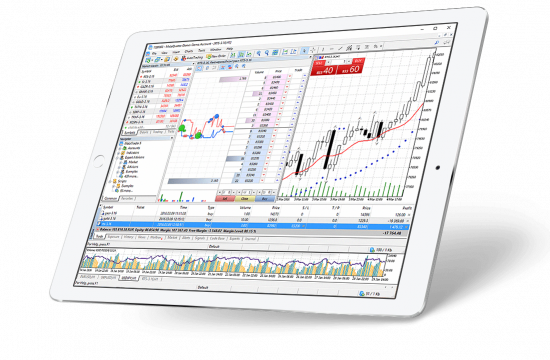Forex providers are the lubricant of the FX industry. As electronic money markets have taken hold, these market makers provide quotes to traders that help smooth out price movement to make it easier to buy and sell currencies at any time of day or night.
Forex liquidity providers are seen as inherently good by most people in the marketplace because without them the trading activity would be hampered. However, some sources question whether they are necessary for an efficient market to function? There has been criticism leveled toward these firms due to perceived conflicts of interest posed by how they make their money through transaction fees.
Who are liquidity providers?
Liquidity providers, or LPs as they are known, are companies whose primary function is to provide quotes to traders who wish to buy and sell currencies. The best liquidity providers keep a certain amount of capital in reserve to effectively offer bids and asks continuously without running out of money, even if 100 customers were trying to take the other side of their offer at once. As a result, liquidity providers serve a vital role within the market because it is impossible for one firm to handle all trades by themselves – not to mention conflicts of interest. There are generally four types of liquidity providers: brokers, banks, multibank pools (MFBs), and electronic communication networks (ECNs). These groups act to fill in the gaps between large institutions.
What do they provide to the industry?
The primary role of FX liquidity providers is to bring buyers and sellers together by processing transactions. They make their money through transaction fees paid by traders whose orders result in a completed trade. However, there is plenty of debate over whether these transaction fees offer any value to market participants or if they push up spreads because the same order flow could be facilitated without them. When trading volume is exceptionally high, LPs sometimes opt to effectively pull out of the market or “turn” because they can’t keep up with the demands of so many different orders, which means that traders who need quotes may not be able to find them.
Do they have any negatives?
As we said earlier, LPs are seen as the good guys within the FX community because it would be difficult for participants to trade without them. However, recently, criticism has been directed toward these firms over perceived conflicts of interest and issues surrounding how much capital is held in reserve. Since transaction fees are based on a percentage of the value traded between buyer and seller, some claim this creates an incentive for LPs to manipulate price moves by placing their trades before others. This could cause significant problems if there were a series of buy and sell orders at just slightly different prices because the LP would profit from moving the market higher and lower than it otherwise might be.
There is also the question of how much capital these firms should be required to hold in reserve. The argument here says that there needs to be enough built up not to turn during periods of high volatility. Still, too much would eat away at their profits – creating a dangerous situation for anyone who depends on LPs to fill orders.
Are they necessary for trading to function at its fullest?
The short answer is yes; LPs are probably necessary for the marketplace to function at its fullest. Without them, it would be difficult for participants to enter and exit trades whenever they wanted because they might not find an LP willing to take the other side of their order. However, the problem with this argument is that many feel liquidity provision has become more about making money than providing a valuable service. Many traders would say that there are too many conflicts of interest within the industry which means participants must always be on their guard when working with LPs, especially if they expect prices to behave in any predictable or consistent manner.
Can they be bad actors within the industry?
While there is little evidence suggesting that LPs are doing anything wrong, many traders remain sceptical of their value and effects on the market, especially when considering all of the capital held in reserve. Other concerns include whether these firms will provide liquidity during times of crisis or limit access to currency quotations as a result. There is also an argument over whether this role should be left up to brokers rather than third-party providers who earn money on every single transaction taking place.
So, are liquidity providers in Forex good or bad? It depends on who you ask. On the one hand, these firms’ role in bringing buyers and sellers together is incredibly beneficial for everyone involved. However, there are some legitimate questions about how much capital they should be required to keep on hand and whether or not their incentive structure encourages any malpractice. There is also the risk of them pulling out of the market entirely during periods of high volatility, which means that traders may not be able to access quotations when they most need them. It’s probably best to treat LPs with caution because there are pros and cons associated with nearly every aspect of this industry, relying so heavily upon intermediaries.











